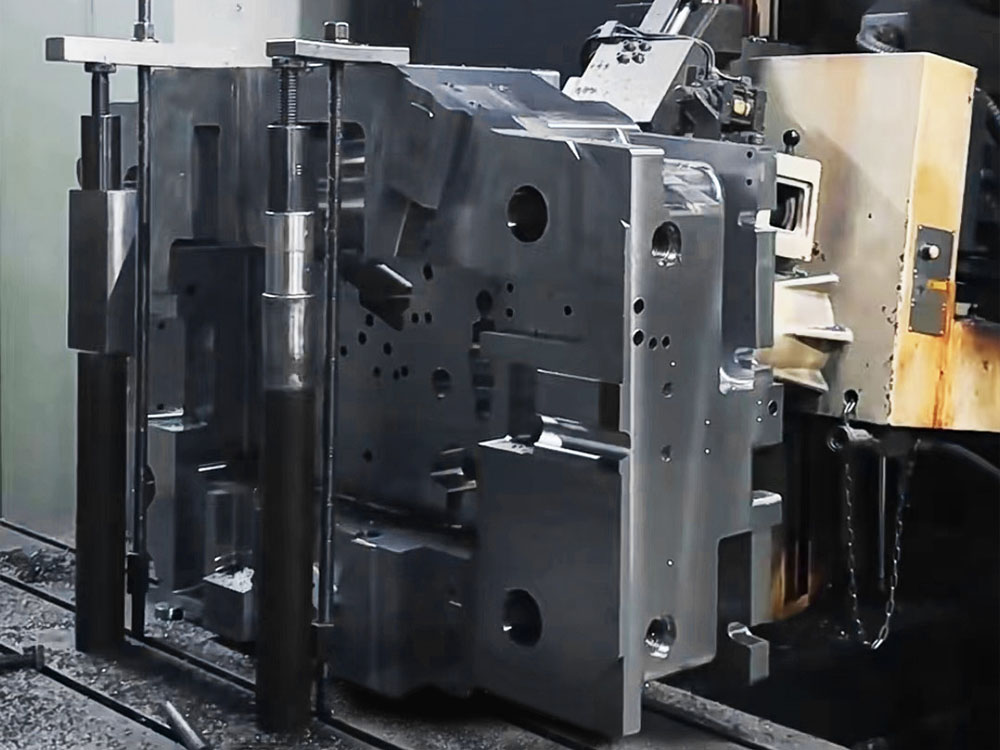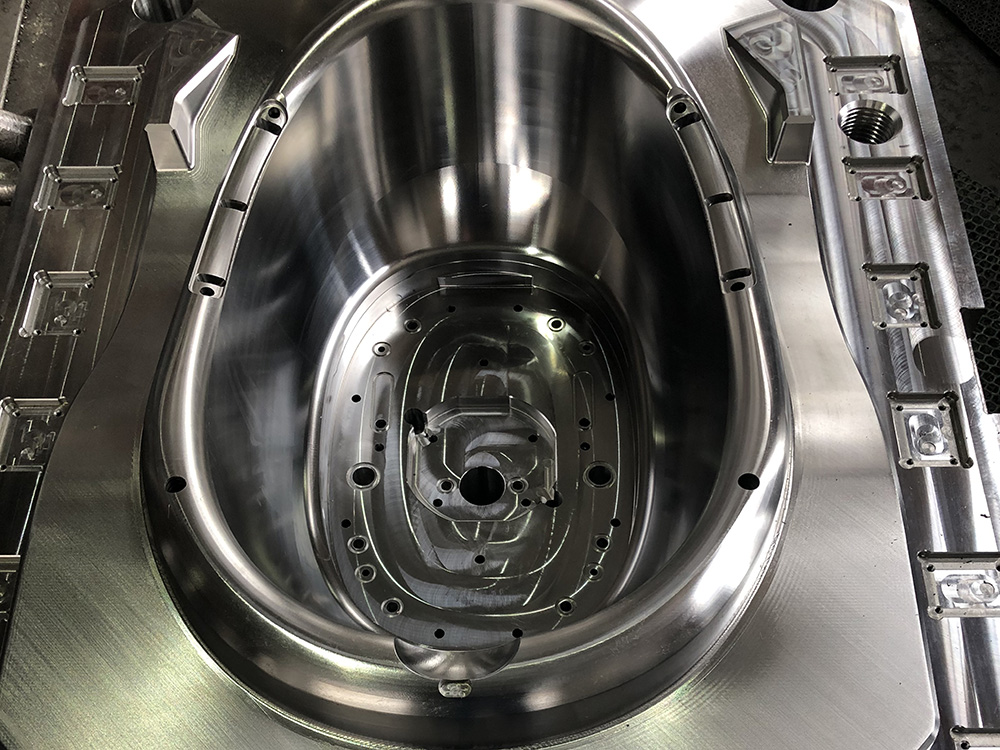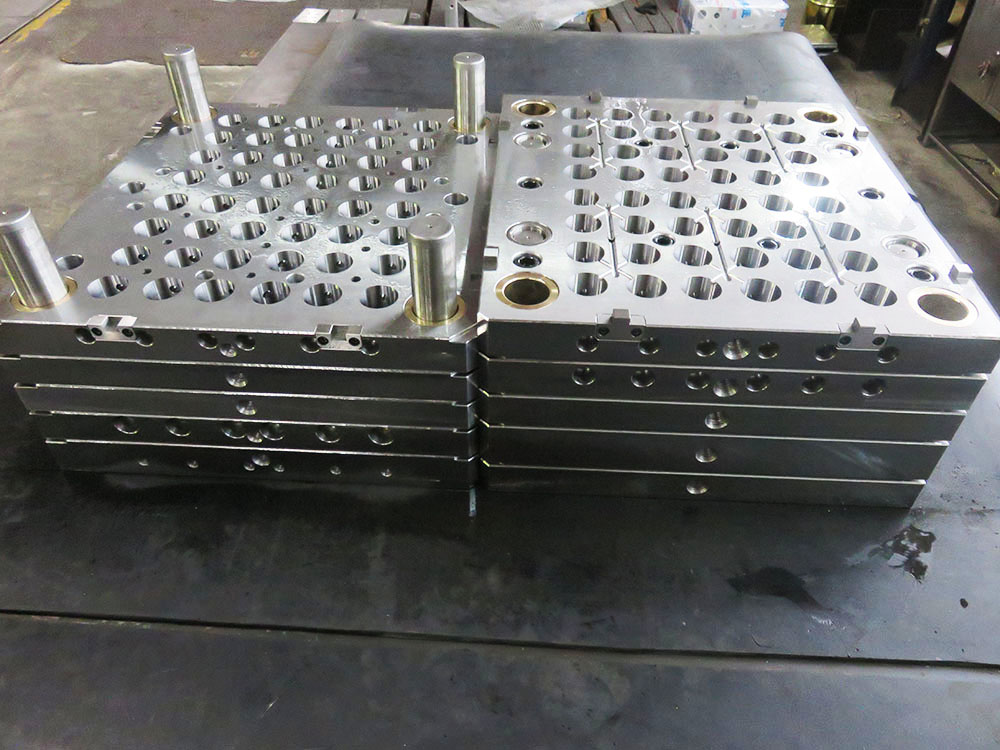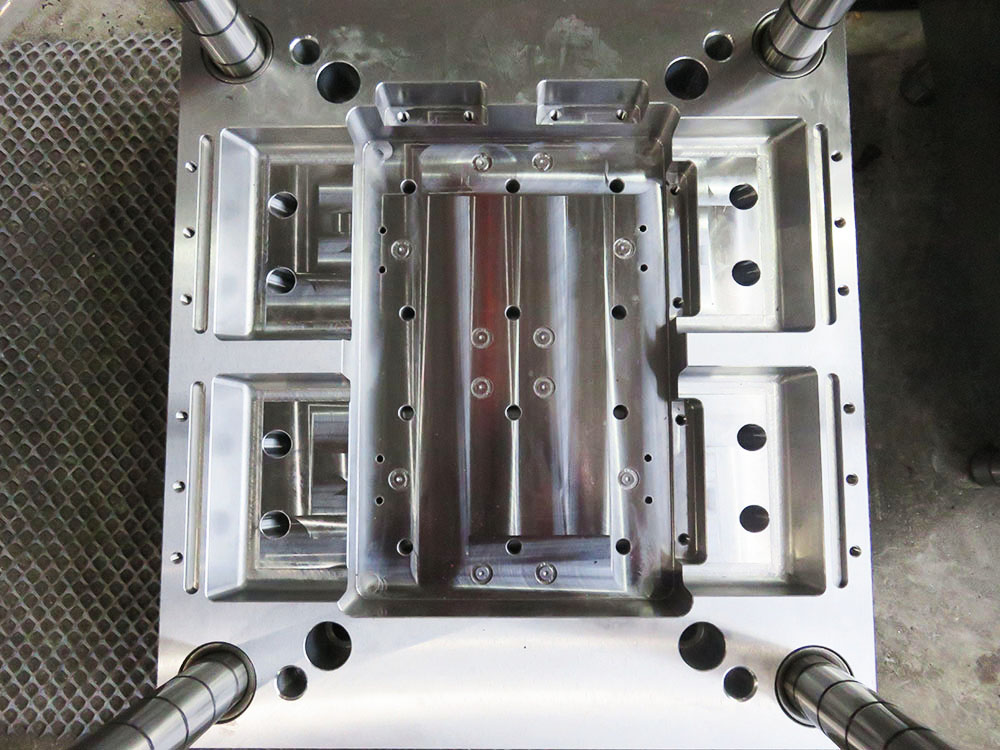The Use of Mobile Formwork for Continuous Casting and Pouring in the Mold Base Industry
Continuous casting and pouring in the mold base industry is a critical process that requires efficiency and precision. To achieve optimal results, the use of mobile formwork has become increasingly popular. This article will delve into the various aspects of mobile formwork and its impact on the mold base industry.
Overview of Mobile Formwork
Mobile formwork refers to the system of temporary molds that are used to shape and support the concrete during the casting and pouring process. These formworks are designed to be easily movable, allowing for flexibility and quick reconfiguration. They can be adjusted to accommodate different sizes and shapes of molds, enabling efficient production in various mold base applications.
Benefits of Mobile Formwork
The utilization of mobile formwork offers several key benefits for continuous casting and pouring in the mold base industry:
1. Flexibility: Mobile formwork can be easily adjusted and adapted to meet the specific requirements of different mold base projects. Its versatility allows for the production of molds in varied shapes and sizes, catering to the diverse needs of the industry.
2. Time and Cost Efficiency: The quick and simple assembly of mobile formwork saves time and reduces labor costs. Its mobility eliminates the need for extensive machinery, minimizing operating expenses and increasing overall productivity.
3. Accuracy and Precision: Mobile formwork ensures precise and uniform concrete casting, resulting in high-quality mold bases. The system's stability and support contribute to the superior dimensional accuracy and surface finish of the molds.
4. Reduced Environmental Impact: Mobile formwork generates less waste compared to traditional formwork systems. It is designed for reusability, minimizing material consumption and promoting sustainable practices in the mold base industry.
Factors Influencing the Selection of Mobile Formwork
When choosing mobile formwork for continuous casting and pouring in the mold base industry, several factors must be considered:
1. Material: The material used for mobile formwork should possess sufficient strength and durability to withstand the pressure exerted during concrete pouring. Common materials include steel, aluminum, and timber, each with their specific advantages and limitations.
2. Design: The design of the mobile formwork must be tailored to the specific mold base requirements. This includes considering the size and complexity of the mold as well as any additional factors such as wall thickness, reinforcement, and surface finish.
3. Mobility and Ease of Use: The mobility of the formwork system is crucial as it enables quick reconfiguration and efficient use of space. Additionally, the system should be user-friendly, allowing for easy assembly, disassembly, and transportation.
4. Cost: The cost-effectiveness of mobile formwork includes not only the initial investment but also its long-term durability and reusability. It is essential to weigh the upfront expenditure against the potential savings and benefits over the lifespan of the formwork system.
Conclusion
In conclusion, the use of mobile formwork in continuous casting and pouring has revolutionized the mold base industry. Its flexibility, time and cost efficiency, accuracy, and reduced environmental impact make it an ideal solution for various mold base applications. By carefully considering the material, design, mobility, and cost of mobile formwork, manufacturers can optimize their mold base production and enhance overall productivity and profitability.




